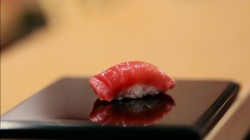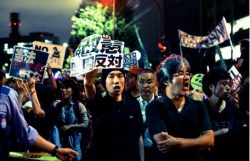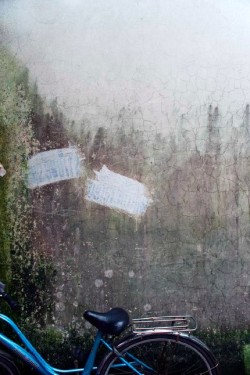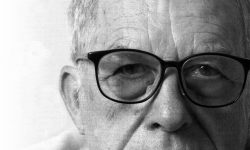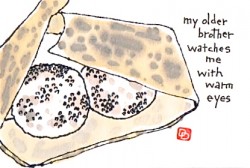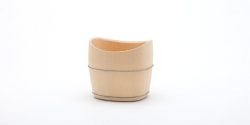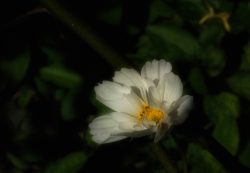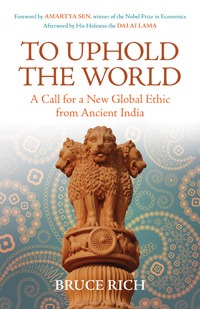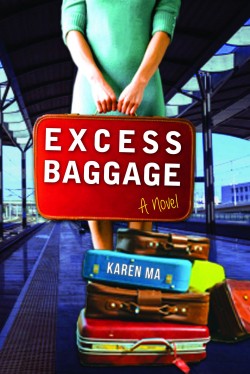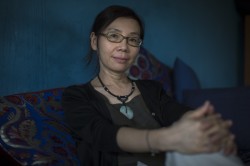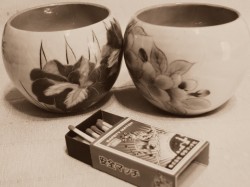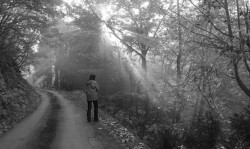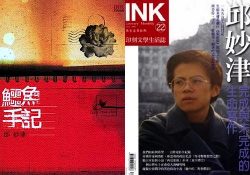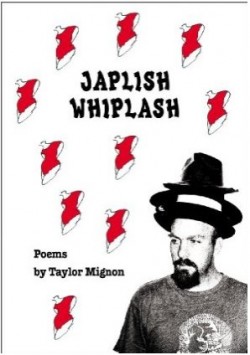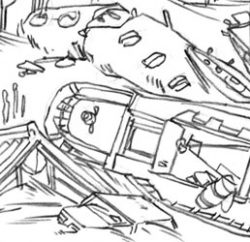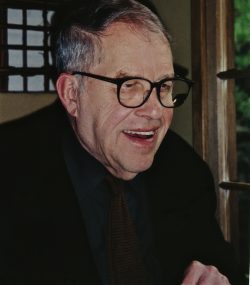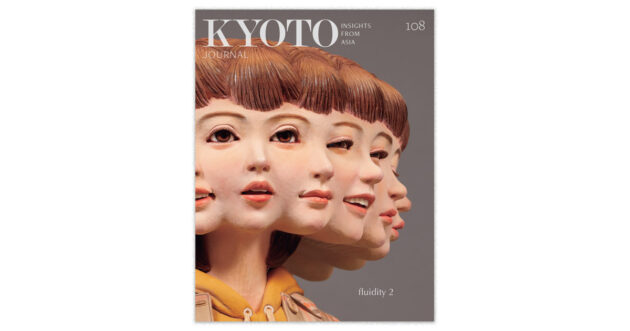Posts by lucinda
We Are What We Eat…So It Might As Well Be Delicious
There is general consensus that “You are what you eat,” yet there are many interpretations of what “you” and perhaps also “we” actually mean. At a minimum, what, and even how, humans eat creates our corporeal selves. Looking deeper, we can see that our choices of foodstuffs and, it appears, foodways, also enable us to know who we are, how others know us and, even further, who we think others might be…
Read MoreHope for the East Asian Peace Process
With the human race as a whole increasingly threatened by global climate change, overpopulation and food scarcity, our very survival depends on our ability to overcome history-based animosities…
Read MoreMekong River
Today’s flowers let me inside
into their vase-shaped bodies
Today, I swim this river
with its fish and turtles
and crocodiles…
Freedom Within Bounds: A Conversation with Donald Richie
Unlike many writers on Japan, Donald Richie advances no social theories. By portraying Japanese as individuals, and by doing so with insight and often with sympathy, Richie gives the lie to conventional notions of uniformity.
Read MoreThe Enlightening of Aikido: Jacques Payet on training, practice and teaching
“Through time the student would become a better person; one who is more aware of weak points, more courageous and more honest, through a body-to-body and heart-to-heart experience…”
Read MoreDog Boy
Today I start school. Mother pulls back covers, flings aside the rumpled futons, prods us with rough fingers. She wrenches my brother from sleep. I watch through slitted eyes. Today I start school
Read MoreNakagawa Shuji: Oke Maker
When Nakagawa Shuji’s grandfather, Kameiichi, turned ten years old, he went to work at Tarugen. This famed maker of oke (wooden pails or buckets) and barrels, had been established in Kyoto during the waning years of the Edo period (1603-1868), and was to become Kameiichi’s workplace for the next 40 years. In the process, Kameiichi…
Read MoreThe Pilgrim Journey: A Myth Of Buddha
In 1973 I went looking for a Buddha to come to my, and even maybe our, rescue. I wanted to actually meet the guy, hear his voice…Of course, I didn’t find him. I found me looking for him.
Read MoreAshoka’s Dream
Years after an unexpected encounter with the remarkable reign of Emperor Ashoka Maurya, Bruce Rich has written an insightful meditation on the relevance of the ancient Indian ruler to our own age of global discontent.
Read MoreThe Rhetoric of Life: S. Brian Willson’s Blood on the Tracks
Willson and two other men were sitting on the tracks in a public right-of-way to protest the shipment of arms…Willson’s protest at the Concord Naval Weapon’s Station was textbook civil disobedience. He had read his Martin Luther King, Jr., his Gandhi, and his Thoreau. Willson had fully expected the train to stop.
Read MoreExcess Baggage
“Now that you’re in Japan, you must do what the Japanese do. Otherwise, it would be meaningless for you to have come here.”
Read MoreCrossing Inter-Asian Cultural Divides
Karen Ma is the author of the recently published Excess Baggage, a novel about the lives of a Chinese immigrant family in Japan.
Read MoreKyoto Machiya Dining
Machiya, the old wooden townhouses of Kyoto, once dominated this city’s urban landscape. Long sturdy structures of simple grace, they closely lined the narrow streets of the city, their tiled rooftops rolling in waves to the surrounding hills and lapping at the edges of the great temples, shrines and villas that rose among them.
Read MoreMapping Kyoto: An Affair of the Heart
Judith Clancy is the author of three books about Kyoto, Exploring Kyoto, Kyoto Machiya Restaurant Guide and Kyoto City of Zen. She has mapped Kyoto in words and images, enabling countless people, residents and visitors alike, to explore the exceptional cultural, historical, religious and gastronomic heritage of this city.
Read MoreAshes to Ashes
I met my in-laws for the first time on New Year’s Day 1966, shortly before my wedding…
Read MoreWhat the Trees Say
Listen to this poetic ode to trees…
Read MoreNotes of a Crocodile by Qiu Miaojin
Notes of a Crocodile is not a book that shows teenagers how to live a straight life, in any sense of the term. And yet it is intended to be a survival manual for teenagers, for a certain age when reading the right book can save your life…
Read MoreDoctor Stories: Excerpts from the journals of Kenjiro Setoue
Dr. Setoue was a successful surgeon who agreed to take a job at a clinic on a small rugged island off the west coast of Kyushu. For many years the only surgeon on the Lower Koshiki Island, he was the last and only line of defense when there was a medical emergency.
Read MoreJaplish Whiplash
Japlish Whiplash is a book that gleefully transgresses boundaries — the boundaries between the United States and Japan, between English and the Japanese language, between academic poets and slam poets, between “artistic” and “plebian,” between “high” and “low,” and between “avant-garde” and “urban.”
Read MoreLife Goes On: Fukushima and Dalian, China
Dalian has a long and mixed history with Japan. It is the site of the initial invasion in 1931; the anniversary of the invasion is still observed every September when sirens are sounded at the same time they were originally heard eighty years ago…
Read MoreBuddhism and the Film
There would on the surface be little to connect the Buddhist faith with the cinema. This is an entertainment which is largely based upon satisfying our desire for the various attachments which Buddhism counsels us to give up. There are, however, a few promising areas where some agreement might be detected.
Read More
